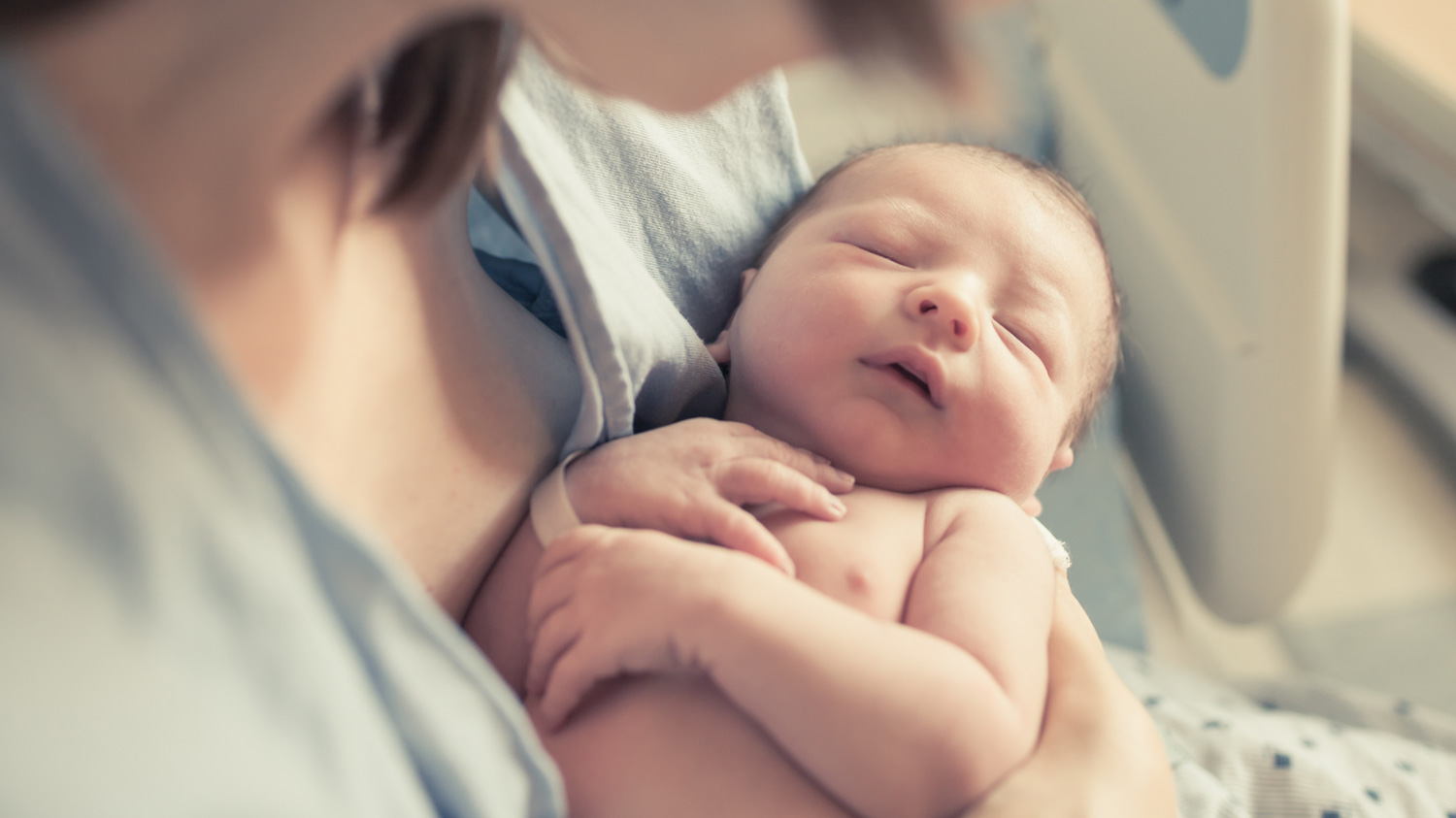
Proposed neonatal care bill offers flexibility to working parents
The government has proposed a Neonatal Care (Leave and Pay) Bill to provide flexibility to the working parents of newborn children that are in hospital for seven or more consecutive days in their first four weeks of life. This will allow thousands of parents, whose newborn children require specialist care, to receive more paid time off work.
The neonatal bill, introduced by Scottish MP Stuart McDonald, will not top up existing standard maternity, paternity and adoption leave. To be eligible for the new proposed neonatal care, working parents must have been with their employer for at least 26 weeks.
In favour of the new bill is Jane Van Zyl, chief executive of Working Families, who commented:
“Many parents are forced to choose between visiting their sick children and going to work. This is a choice no parent should have to make. Ninety-nine per cent of the employers that responded to the government’s consultation were in favour of neonatal leave and pay. The current absence of a dedicated neonatal leave and pay entitlement means that many parents are using sick leave to spend time with their babies. This is not sustainable and is costing employers significant sums of money as they cannot reclaim statutory sick pay. Under this bill, employers would be able to reclaim the cost of neonatal pay, representing a significant saving."
Babies who are born prematurely and unwell are usually admitted to specialist hospital care. Some remain in this neonatal care for a long period of time, forcing parents to use their current leave options, including annual leave, parental leave as well as unpaid leave. The Bill proposes to allow parents to take up to 12 weeks of paid leave from work.
If the proposed bill is passed, pressure on families will be significantly reduced. With the huge rise in the cost of living, the reform will be a stress- relief resolution for parents who feel trapped in deciding between their sick child and their job.
Business Minister, Jane Hunt, said:
“Having a newborn in neonatal care is an incredibly worrying time for parents. No family should also have to agonise about their return to work, or whether they have enough leave in place. “
The change in law gives mothers the reassurance and support to spend enough time with their baby after being released from the neonatal unit. Similarly, fathers and partners will also have the flexibility to equally care for their child if they are able to increase their paid leave by more than the standard two-week paternity leave.
Chief Executive of UK charity Bliss, Caroline Lee- Davey, concluded:
“We are thrilled that the Neonatal Care (Leave and Pay) Bill has passed Second Reading in Parliament and has support from the government. This is a huge milestone after years of campaigning and is a significant step towards tens of thousands of parents having paid leave while their baby is critically ill in hospital every year. After the progress made today, we are one step closer to giving many parents the much- needed time to be where they need to be.”







